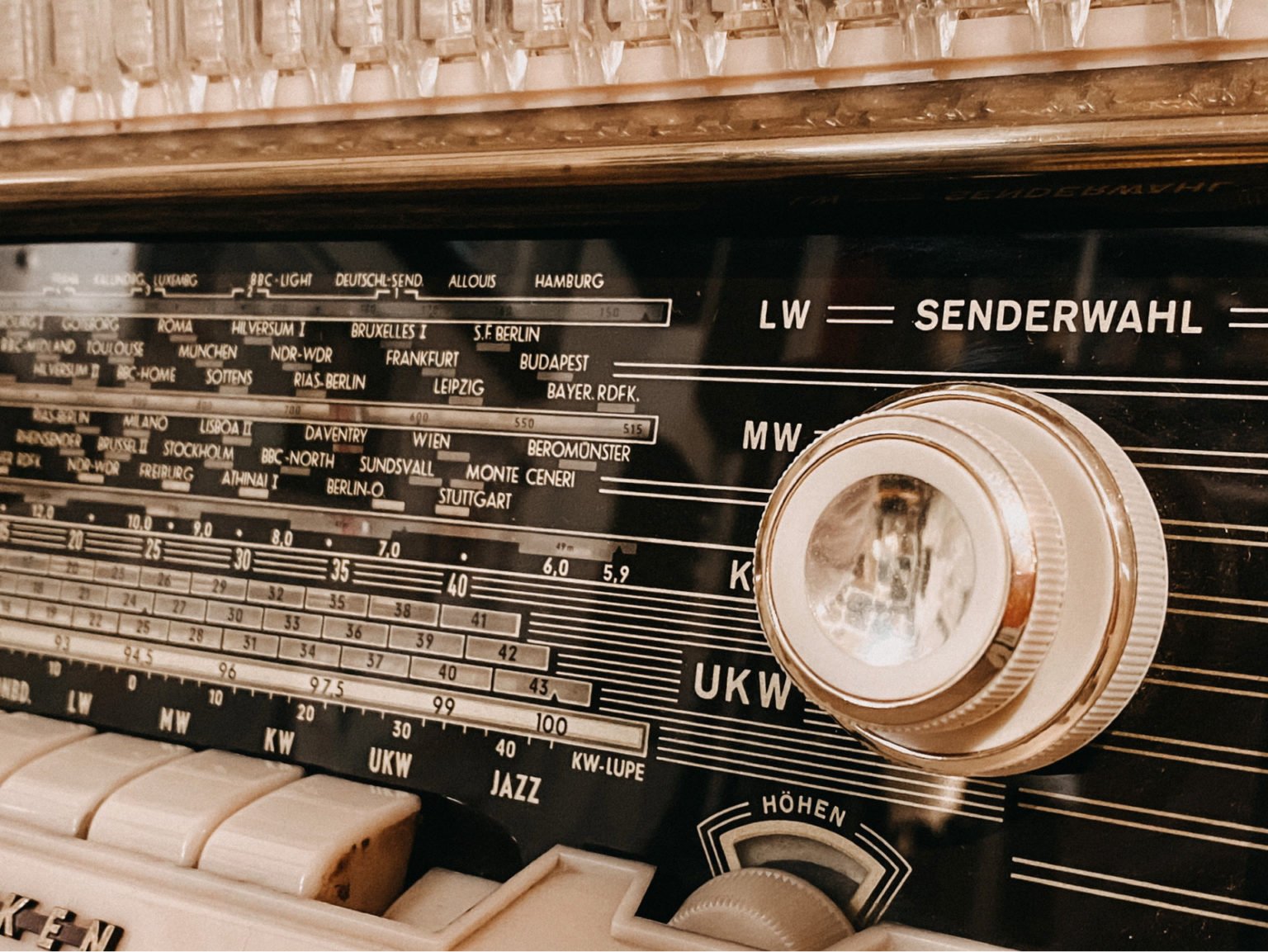Choosing the right format is the pivotal fist step to starting your podcast. Of course, this element can change as you go along and discover your ideal way of podcasting. Creating a hybrid of formats is also possible. Mix and match if you like, but don’t overdo it. Different formats require more or less post production efforts on your behalf and may result in you losing drive and momentum to complete.
I learned very early on that I love the interview format however I do tend to swing between solo and interview.
So, here are a few of the most common podcast formats:
The Solo Podcast
A single person speaking on a topic, unprompted. Often more time is invested in scripting and editing to create a clear narrative. This is a quite common format, often used by experts to share their knowledge in a certain area with their audience.
You don’t have to worry about anyone else and can just press the record button and get started with your episode. Be aware that good content takes time to prepare. Scripted content can sound scripted if you are not used to speaking into a microphone. As always, recording on a regular basis allows your voice to become more confident, relaxed and authentic.
Examples for the solo podcast are The Straight Shooter Recruiter or Dan Carlin’s Hardcore History.
The Interview Podcast
A host or multiple hosts ask a guest multiple questions based on their expertise or point of view on a particular topic. This format is also often used by experts to discuss their thoughts with other experts in their field.
This format opens your show up to a new audience, because if your guests share the episode across their social channels, you can reach a wider range of listeners. It also gives you access to more diverse content with different stories, opinions and expertise. It takes the pressure off creating own unique content every episode. Preparation for a great interview takes time and a lot of research to get it right.
You don’t have to invite guest to your studio. There are a lot of remote recording tools available out there which are easy to use for your guest and you.
Examples for the interview podcast are Don’t Keep Your Day Job or The Jordan Harbinger Show.
The Conversational or Co-Hosted Pocast
Two or more people discuss a topic. Usually the same constellation of people is present across all episodes. The participants may prompt each other in a natural flow of conversation.
This is a common style of format and if the chemistry between the hosts is symbiotic chances are, it will make for entertaining listening and a long running show. A good team will make the show shine and the conversation will flow very naturally. You can build a loyal audience quite quickly giving your fans the feeling they want to be part of your club. This format allows for a really strong connection between the hosts and the listeners, like good friends talking to each other.
This show format is also perfect for doing on the road live shows in front of a live audience.
Examples for this type of podcast are Nobody Panic or Accidental Tech Podcast.
The Panel Podcast
Great for news or current affairs where a host invites a number of different guests (often experts) for each episode to discuss a certain topic.
Hosting a panel take a lot of pressure off you, as fresh content is guaranteed in this format. Of course you are still required to moderate the group, which maybe challenging. Some guests may naturally have a tendency to go off on a tangent and have to be reigned in by you. Asking specific questions will play a key role in helping you manage the dynamic of the group. Alining everyones schedule maybe a challenge, so planning well ahead is essential in keeping you on track for your episode schedule.
Examples for panel podcasts are Mom and Dad Are Fighting or The BeanCast.
The Non Fiction or Storytelling Podcast
A host or hosts uncover(s) information in a journalistic or investigative fashion. This might include guests, witnesses and research by the host or even a production team.
This type of show format is the most elaborate. Even with a good production team and a lot of experience, it’s really essential to curate it right. Each episode often contains a lot of audio elements in form of interviews, background sounds, atmospheric sounds, behind the scenes audio, etc.
While elements of this format maybe interesting for your expert podcast, you really need to be technically invested and ideally have a production team to support you.
This format will all likely not match well with you as an expert.
Examples for non fiction podcasts are 99% Invisible, This Is Love, Criminal or Blockbuster.
The Fictional Storytelling Podcast
Fictional storytelling podcasts tell an original, fictional story in each episode, which is written, scripted and recorded like a TV drama, similar to a fictional audiobook.
As a good writer this might me your unique opportunity to get your creative ideas heard but be aware that it takes way more than just speaking into a microphone.
This format is like cinema for your ears and often includes music, a well thought through production, even voice-over artists.
Examples for this type of show are The Truth, Everything Is Alive or Welcome to Night Vale.
share on
